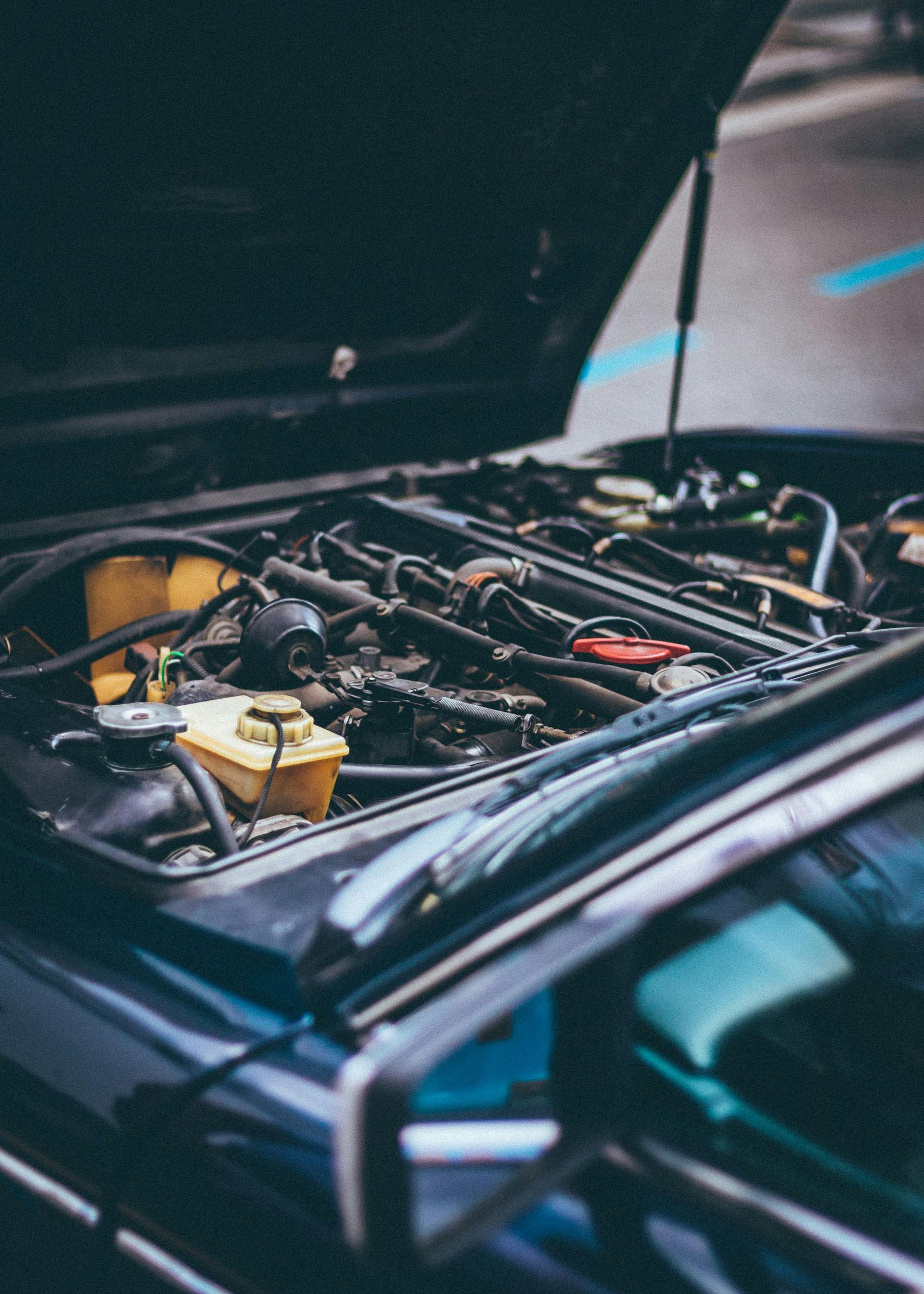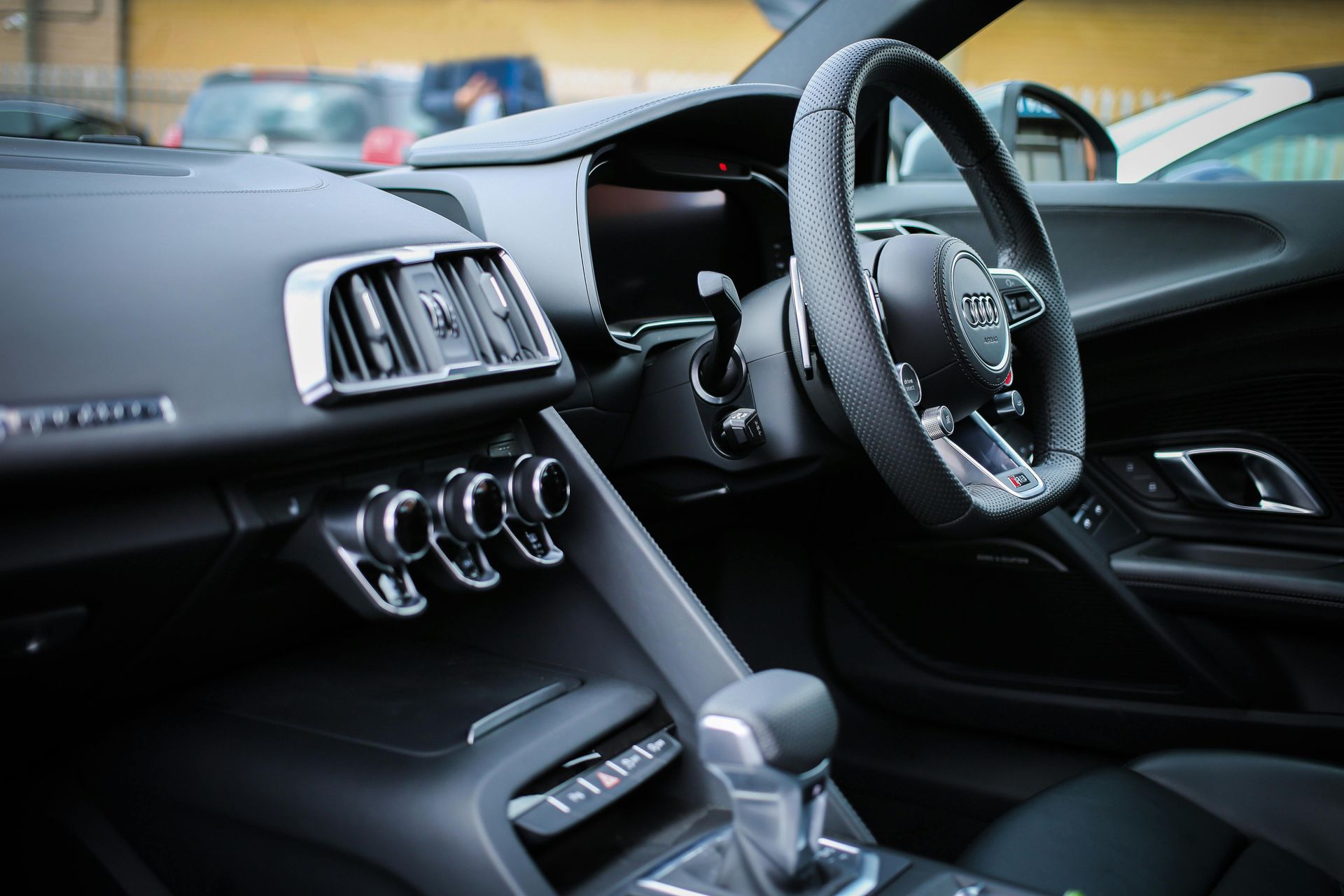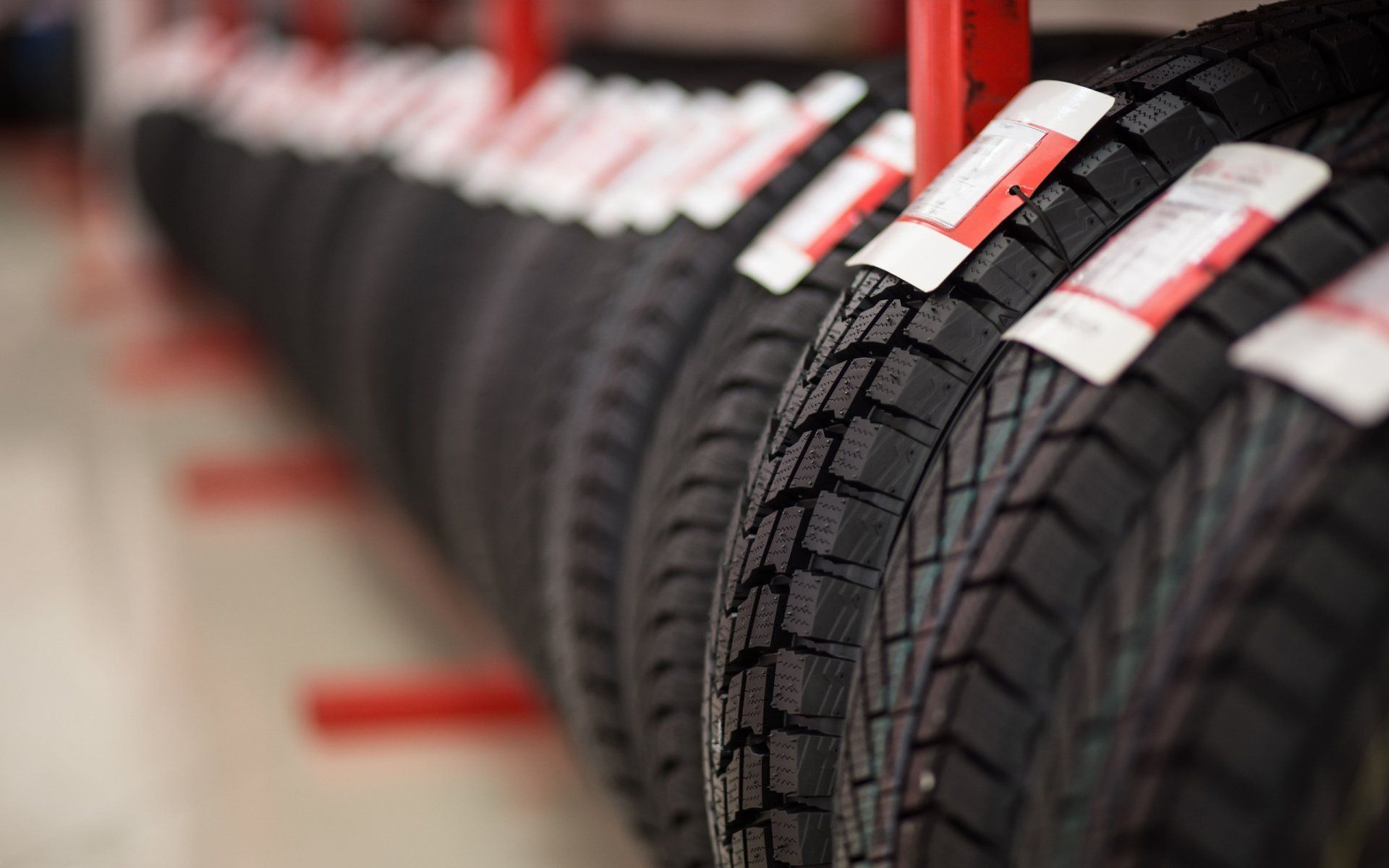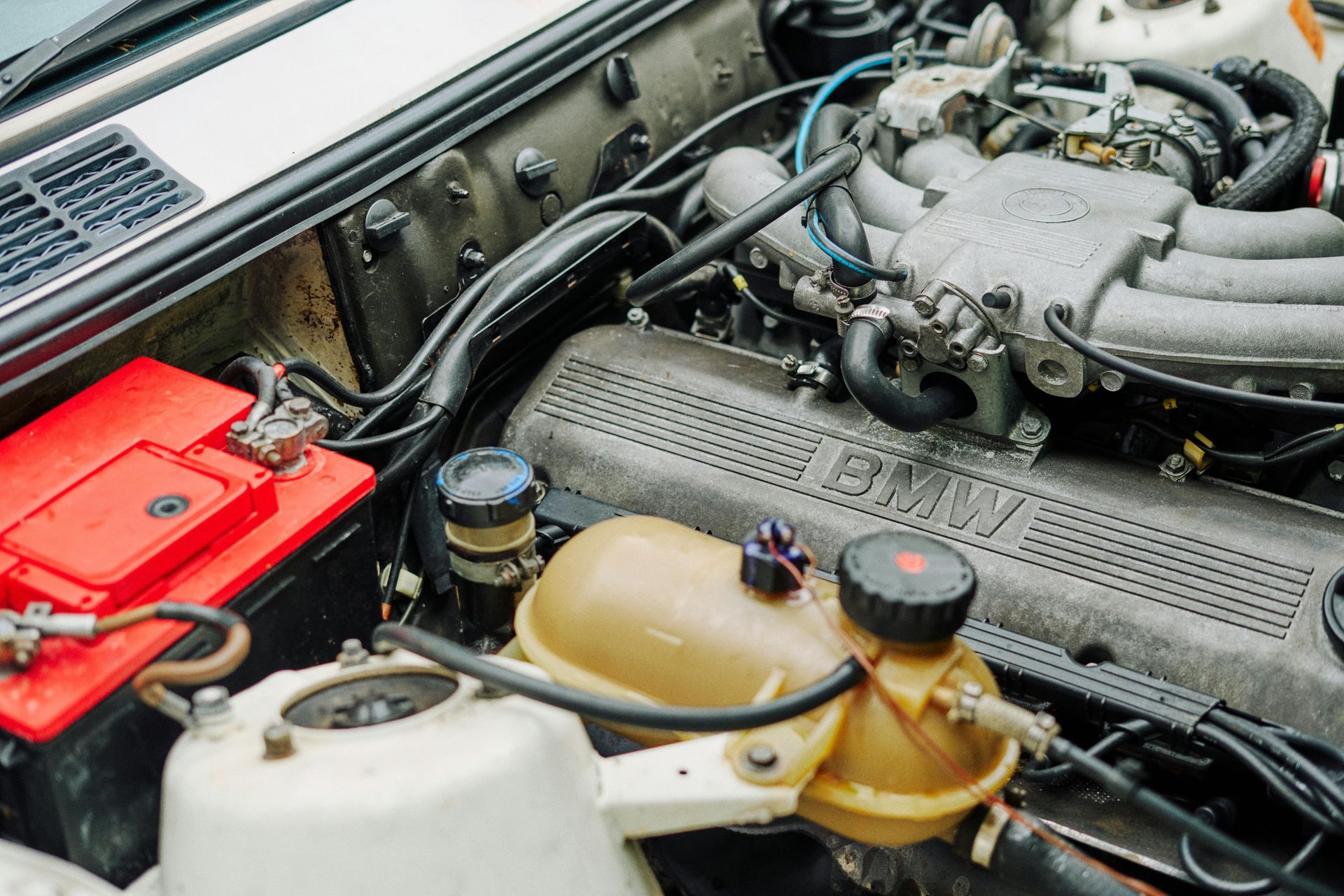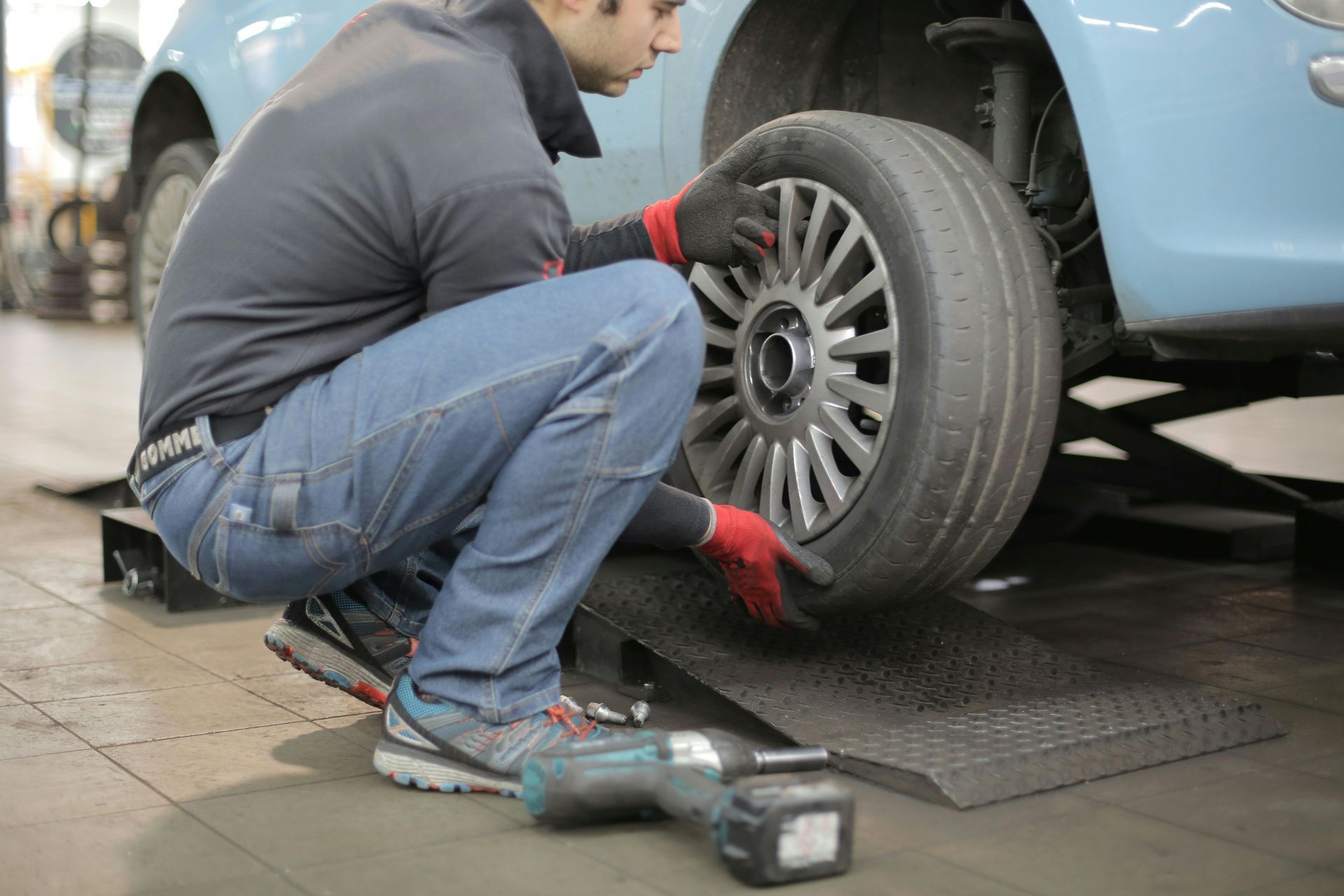How Auburn, CA Weather Affects Your Vehicle's Battery Life
Living in Auburn means experiencing some of California's most dramatic weather swings. From scorching summer days that can hit 110°F to freezing winter mornings that dip below 30°F, our Sierra Nevada foothills climate puts serious stress on car batteries. Understanding how Auburn's unique weather patterns affect your battery can help you avoid being stranded and extend your battery's life.
Auburn's Climate Challenges for Car Batteries
Extreme Temperature Swings
Auburn's location at 1,200 feet elevation creates a climate that's tougher on car batteries than many people realize. Summer temperatures regularly exceed 100°F, while winter mornings can drop to freezing or below. This 80+ degree temperature range throughout the year creates constant expansion and contraction cycles that stress battery components.
Dry, Hot Summers
Auburn's Mediterranean climate brings long, dry summers with temperatures often reaching 105-110°F. These extreme heat conditions are particularly hard on batteries because high temperatures speed up the chemical reactions inside the battery, causing faster deterioration of internal components.
Cold Sierra Foothill Winters
While Auburn doesn't get the heavy snow of higher elevations like Truckee, winter temperatures still regularly drop below freezing. Cold weather significantly reduces a battery's ability to deliver power when you need it most – like those chilly mornings when you're trying to get to work in Roseville or Sacramento.
How Heat Damages Your Battery
Accelerated Chemical Reactions
During Auburn's hot summer months, the chemical reactions inside your battery speed up dramatically. While this might seem like it would make your battery work better, it actually causes the internal components to break down faster. The electrolyte solution can evaporate, and the lead plates can become corroded more quickly.
Fluid Evaporation
In traditional lead-acid batteries, extreme heat causes the water in the electrolyte solution to evaporate faster. Auburn's dry, hot summers – especially during heat waves when temperatures soar above 105°F – can quickly reduce fluid levels, potentially damaging the battery permanently.
Increased Self-Discharge
Hot weather causes batteries to discharge even when the car isn't running. If you park your car outside during Auburn's blazing summer days, your battery loses charge faster than it would in moderate temperatures. This is especially problematic for vehicles that aren't driven daily.
Overcharging Risk
Your car's charging system works harder in hot weather to maintain proper battery charge. Auburn's summer heat can cause the alternator to overcharge the battery, leading to premature failure and potentially dangerous situations like battery swelling or leaking.
Cold Weather Battery Problems
Reduced Chemical Activity
When Auburn experiences those cold winter mornings – especially in areas like Foresthill or higher elevations near Colfax – the chemical reactions in your battery slow down significantly. A battery that works fine in 70°F weather might only deliver 50% of its power when temperatures drop to 20°F.
Thicker Engine Oil
Cold Auburn mornings don't just affect your battery – they also make your engine oil thicker, requiring more power to turn the engine over. This increased demand, combined with reduced battery capacity, often leads to those frustrating no-start situations on frosty mornings.
Increased Electrical Demand
Winter driving in Auburn means using more electrical accessories – headlights during shorter days, windshield wipers during rain, defrosters for frosty mornings, and heaters for comfort. All of these systems draw power from your battery and charging system.
Seasonal Battery Challenges in Auburn
Fire Season Impacts
Auburn's location puts it at risk during California's fire season, typically running from late spring through fall. Wildfire smoke and ash can affect your battery's terminals and connections, creating corrosion that reduces electrical flow. Additionally, evacuation scenarios require reliable vehicles – not the time to discover a weak battery.
Spring Temperature Fluctuations
Auburn's spring weather can be unpredictable, with warm days followed by surprisingly cold nights. These rapid temperature changes stress battery components and can reveal weaknesses that developed during winter months.
Tourist Season Stress
Summer tourist traffic to places like Nevada City, Grass Valley, and Lake Tahoe means more stop-and-go driving, air conditioning use, and extended idling. These conditions put extra strain on Auburn drivers' batteries during the hottest months of the year.
Warning Signs Your Battery Is Struggling
Slow Engine Cranking
If your engine turns over slower than usual, especially on Auburn's cold mornings or after sitting in the summer heat, your battery may be weakening. This is often the first sign of battery problems.
Dashboard Warning Lights
Battery or charging system warning lights indicate your electrical system isn't working properly. Don't ignore these warnings, especially before long trips to Sacramento or mountain destinations.
Dim Headlights
If your headlights seem dimmer than usual, particularly when idling, your battery or charging system may be failing. This is especially dangerous on Auburn's winding mountain roads at night.
Electrical System Problems
Issues with power windows, radio, or other electrical accessories can indicate battery problems, particularly if multiple systems are affected.
Protecting Your Battery in Auburn's Climate
Park in Shade When Possible
During Auburn's brutal summer months, try to park in garages or shaded areas when possible. Even parking under trees can significantly reduce the temperature stress on your battery.
Regular Inspection
Check your battery terminals monthly for corrosion, especially during Auburn's dusty, dry periods. Clean, tight connections are crucial for proper electrical flow.
Test Before Extreme Weather
Have your battery tested before Auburn's hottest summer months and again before winter. Many batteries that seem fine in moderate weather fail when temperatures become extreme.
Keep It Charged
If you have vehicles that aren't driven regularly, consider using a battery tender, especially during Auburn's temperature extremes. This is particularly important for recreational vehicles, motorcycles, or seasonal cars.
When to Replace Your Battery
Age Matters
In Auburn's extreme climate, most car batteries last 3-4 years instead of the typical 4-6 years in milder climates. If your battery is approaching three years old and you're experiencing any problems, consider replacement before it fails completely.
Seasonal Timing
The best time to replace a battery in Auburn is late spring or early fall, before the most extreme weather hits. Don't wait until the first 100°F day or freezing morning to discover your battery can't handle the stress.
Before Long Trips
If you're planning trips to Lake Tahoe, San Francisco, or other destinations from Auburn, ensure your battery is in good condition. Getting stranded due to battery failure is inconvenient anywhere, but it's particularly problematic in remote mountain areas.
Professional Battery Services
Load Testing
Professional battery testing can determine if your battery can handle Auburn's extreme temperatures before it fails. This testing simulates the stress your battery faces during cold starts and hot weather operation.
Charging System Check
Your alternator and charging system work harder in Auburn's climate. Regular checks ensure these components aren't overcharging or undercharging your battery.
Preventive Replacement
Proactive battery replacement based on age and testing results can prevent roadside failures during Auburn's most challenging weather conditions.
The Bottom Line
Auburn's beautiful location in the Sierra Nevada foothills comes with weather challenges that are tough on car batteries. Understanding how our extreme temperatures affect your battery helps you take proactive steps to avoid being stranded.
Don't let Auburn's weather catch you off guard. A dead battery on a 110°F summer day or a freezing winter morning is more than just inconvenient – it can be dangerous. Regular battery maintenance and timely replacement are essential for reliable transportation in our challenging climate.
Professional Battery Service in Auburn
Don't let Auburn's extreme weather leave you stranded with a dead battery. At Autovantage Service Center, our ASE-certified technicians understand how our unique Sierra Nevada foothill climate affects vehicle batteries. We provide comprehensive battery testing, charging system diagnosis, and professional battery replacement services.
Whether you're preparing for Auburn's scorching summer heat, getting ready for cold winter mornings, or just want peace of mind for your daily commute to Sacramento, we can help ensure your battery is ready for whatever our weather throws at it. We stock quality batteries designed to handle extreme temperature conditions and provide warranties that give you confidence.
Don't wait for a battery failure to ruin your day. Contact Autovantage Service Center at (530) 450-2423 or visit us at 555 Wall St in Auburn to schedule your battery test today. Let our experienced team help you stay prepared for Auburn's challenging weather conditions.




